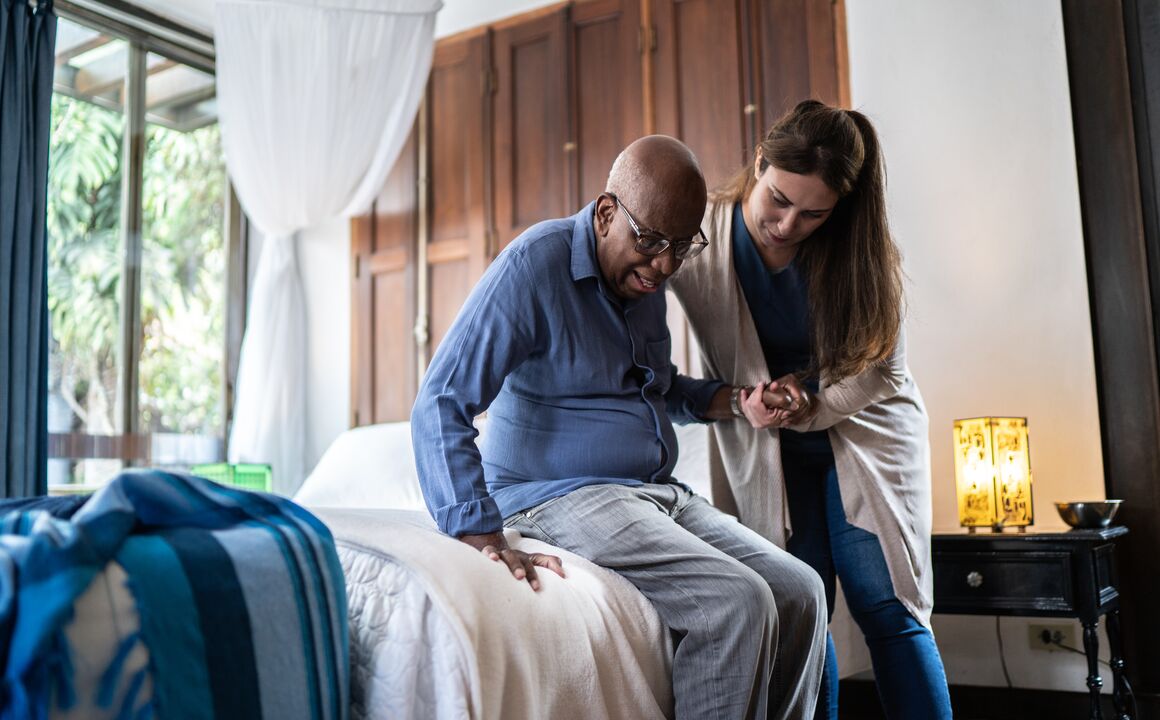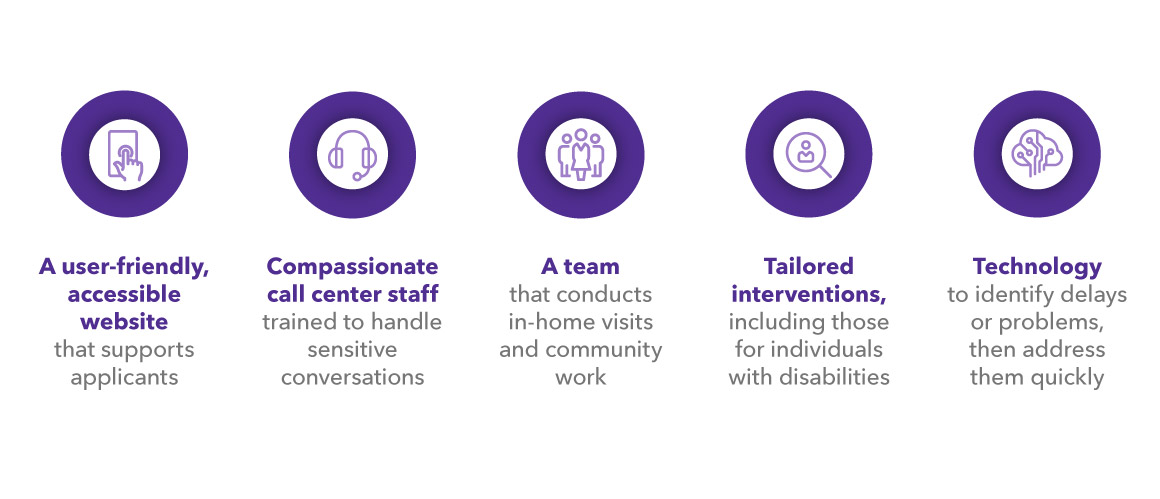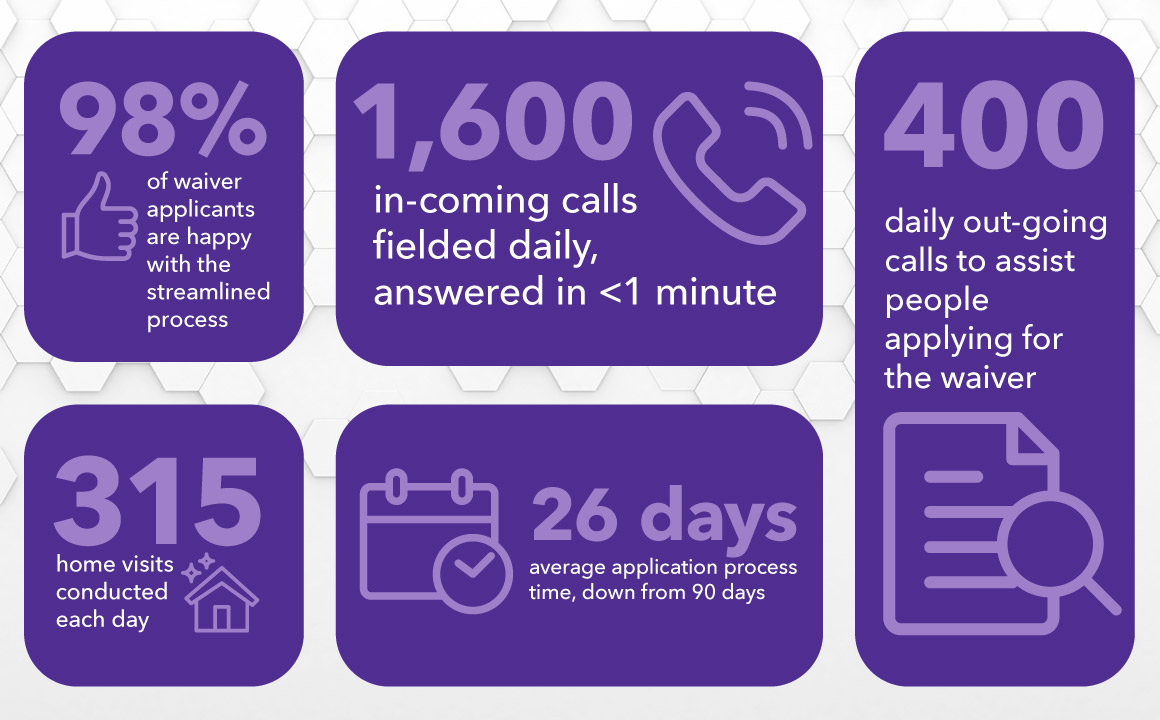Michael Martin understands urgency. Too often he has heard concern in the voice of callers because of the length of time it took to get the services and supports they needed to remain safely in their homes. For 10 years, Martin has been leading operations of the Pennsylvania Independent Enrollment Broker call center for people seeking Medicaid-funded home and community-based care, as well as long-term services and supports.
He recalls one couple who had been waiting several weeks to complete a necessary component of a Medicaid waiver application for home and community-based services. They were frustrated and anxious. The longer the waiver application process took and the longer they waited to get home care services in place, the more they feared they would need to move into a nursing home.
Situation
The AARP reports[1] that more than 75 percent of adults age 50 and older want to remain in their homes and communities as they age.
Many states are rebalancing from institutional care to home and community-based services as a way to effectively provide high quality, cost-efficient care to populations who require ongoing assistance, including aging individuals and people with disabilities. Nationally, spending[2] on home and community-based services surpassed spending on institutional care for the first time in 2013 and by 2020 spending on home and community-based services reached over 62 percent of total long term care spending.
Challenge
In Pennsylvania, the shift to more home and community-based options required a thoughtful approach to helping individuals navigate the extensive Medicaid waiver application process. In 2016, the state expanded its independent enrollment broker program to support seniors and people with disabilities served by waivers[3] that, depending on an individual’s needs and situation, offer an array of services and benefits. This includes personal care services and supervision, home health aides, medical supplies and equipment, counseling services, support and case management, and a choice of qualified providers.
The state has allocated significant resources toward aging-in-place solutions and helping people with disabilities remain in the community — and Maximus was ready to help the state simplify, accelerate, and improve the waiver application process.


